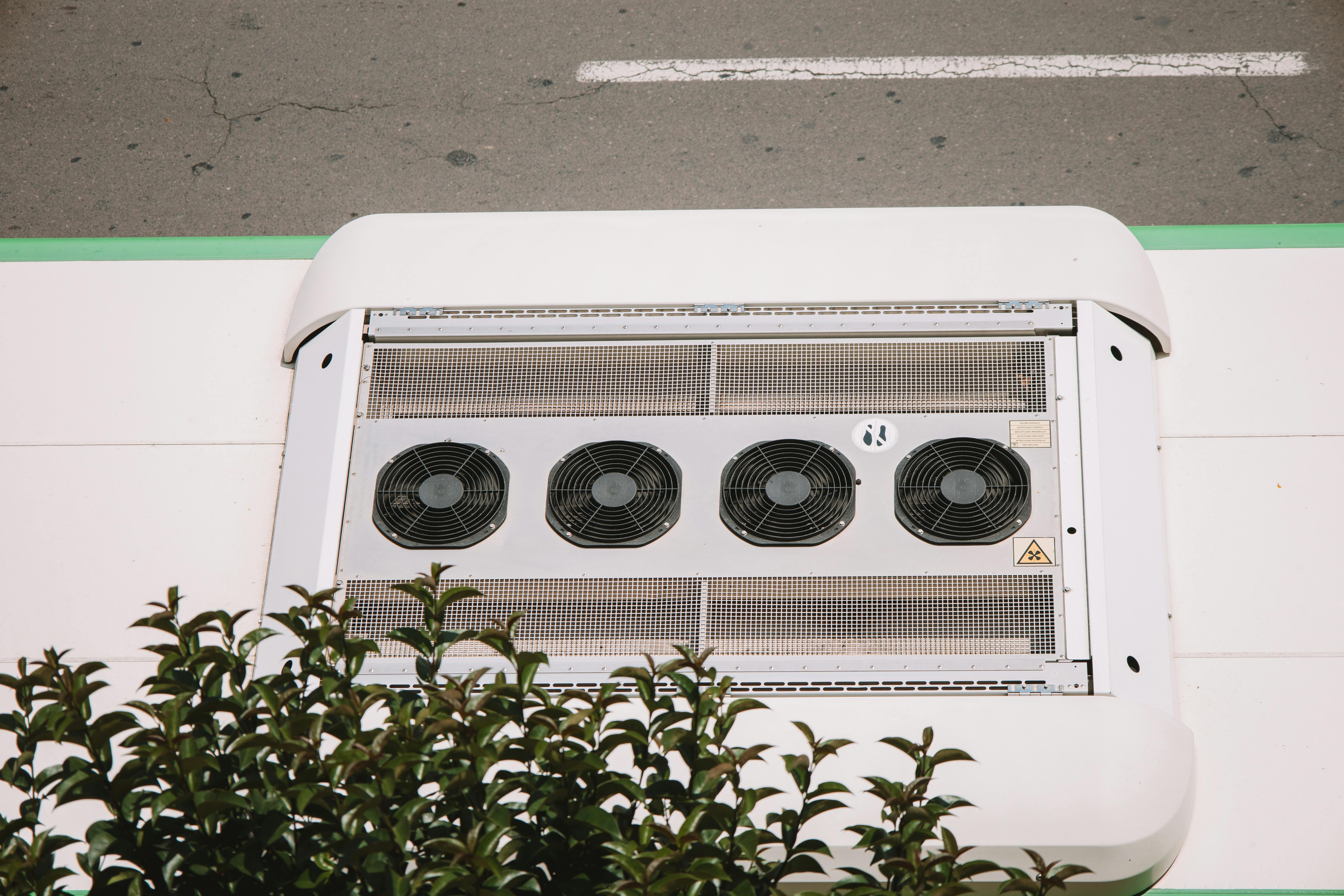
Visit Our Homepage | Book Online | Learn More About Us
When it comes to keeping your home comfortable throughout the year, selecting the right size HVAC system is one of the most crucial decisions you’ll make. Many homeowners believe that bigger is better, but in reality, the size of your heating and cooling system must match the needs of your space to ensure energy efficiency, consistent performance, and lower utility bills. In this article, we’ll explore why HVAC sizing matters, the dangers of an improperly sized system, and how professionals determine the ideal size for your home.
Why HVAC System Size Matters
The size of your HVAC system directly affects its efficiency and ability to maintain a comfortable indoor temperature. HVAC systems are designed to cycle on and off based on the temperature set by your thermostat. If the system is too small, it will struggle to cool or heat your home effectively, working harder than necessary and leading to frequent breakdowns. On the other hand, an oversized system will cycle on and off too quickly, never reaching its full efficiency potential.
Properly sized systems operate efficiently by running long enough to properly dehumidify the air in summer and evenly distribute heat in winter. This leads to improved comfort and lower energy bills because the system is neither overworked nor under-utilized.
The Dangers of Undersized and Oversized Systems
An undersized HVAC system can’t meet the heating or cooling demands of your home. It will run constantly, trying to maintain your desired temperature, resulting in increased wear and tear, higher energy bills, and potentially an uncomfortable home environment. Over time, this can shorten the system’s lifespan, requiring costly repairs or early replacement.
An oversized system, while it may cool or heat your home quickly, presents its own set of problems. Because it doesn’t run long enough to remove humidity, especially in summer, you may experience excessive moisture in your home, which can lead to mold and mildew growth. The frequent cycling on and off also causes more strain on the system, resulting in higher maintenance costs and reducing the system’s overall lifespan.
How to Determine the Right HVAC Size for Your Home
Determining the correct HVAC size for your home involves more than just square footage. HVAC professionals use a formula called the Manual J load calculation, which considers several factors to determine the size of the heating and cooling unit needed:
- Square footage of your home: The most obvious factor, but just the beginning.
- Number and size of windows: Windows can be a major source of heat gain in summer and heat loss in winter.
- Insulation levels: Well-insulated homes retain heat better in winter and stay cooler in summer, reducing the need for oversized systems.
- Ceiling height: Homes with higher ceilings require more energy to heat and cool.
- Climate: Different climates require different heating and cooling capacities.
- Number of occupants: More people generate more heat, which can affect the load calculation.
- Sun exposure: Rooms with large amounts of sunlight will need more cooling power in the summer.
Once these factors are taken into account, your HVAC contractor can recommend the appropriate system size that balances efficiency with comfort.
Why Professional HVAC Assessment is Essential
While there are online tools and general rules of thumb to estimate HVAC size, it’s always best to rely on a professional HVAC contractor to make the final determination. A trained technician will not only perform a Manual J load calculation but will also evaluate your home’s unique features and discuss your personal preferences for comfort.
Improper sizing can lead to long-term problems, including higher energy bills, frequent repairs, and reduced system lifespan. By investing in a professional HVAC assessment, you can ensure your system is tailored to your home’s exact needs. For expert advice, feel free to contact us.
The Bottom Line
When it comes to HVAC systems, size really does matter. Choosing the correct size for your home ensures that your system operates efficiently, keeps your energy bills under control, and maintains a comfortable living environment. An oversized or undersized system may seem like a minor mistake, but the long-term costs of improper sizing can add up quickly.
If you’re unsure whether your current HVAC system is the right size or need help with selecting the ideal system for your home, don’t hesitate to book an assessment online or visit our homepage for more information.
